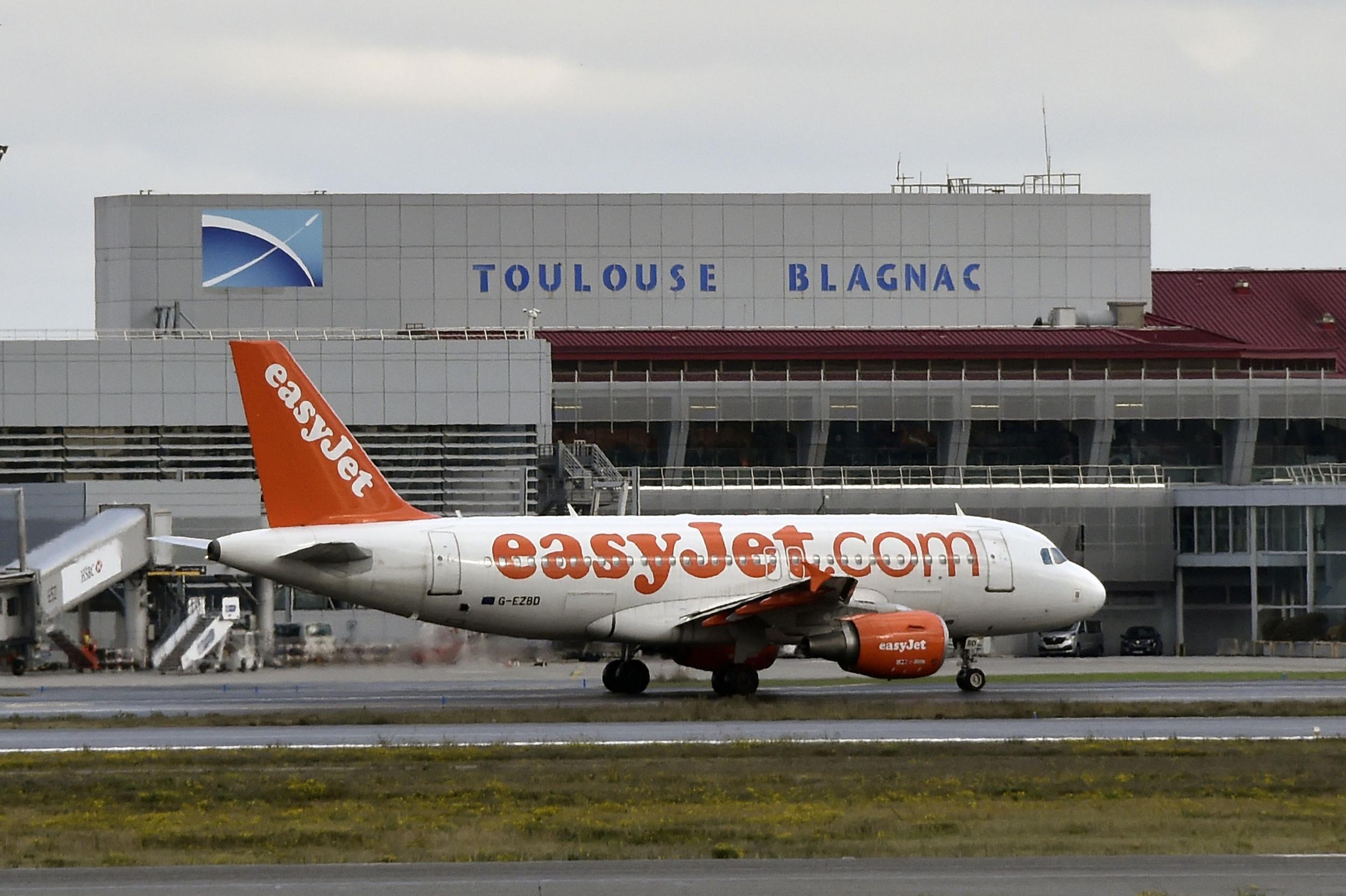French air-traffic control strikes: Tens of thousands of passengers to be grounded as industrial action starts up
Controllers say they are overstretched and under-rewarded, leading to ‘reduced self-esteem’

Your support helps us to tell the story
From reproductive rights to climate change to Big Tech, The Independent is on the ground when the story is developing. Whether it's investigating the financials of Elon Musk's pro-Trump PAC or producing our latest documentary, 'The A Word', which shines a light on the American women fighting for reproductive rights, we know how important it is to parse out the facts from the messaging.
At such a critical moment in US history, we need reporters on the ground. Your donation allows us to keep sending journalists to speak to both sides of the story.
The Independent is trusted by Americans across the entire political spectrum. And unlike many other quality news outlets, we choose not to lock Americans out of our reporting and analysis with paywalls. We believe quality journalism should be available to everyone, paid for by those who can afford it.
Your support makes all the difference.The now-traditional summer season of wrecked air travel plans begins early in March this year. Tens of thousands of passengers are likely to be grounded by the first strike of the year by discontented French air-traffic controllers, which runs from 6 to 10 March.
The industrial action starting on Monday involves members of a small union, ICNA, working at air-traffic control centres in Bordeaux, Brest and Aix-en-Provence.
The controllers are angry over a range of issues from roster patterns to pay. They say they are overstretched and under-rewarded, which has led union members to experience “reduced self-esteem”.
“Our German colleagues who work less than us and earn much more do not seem to be affected by this feeling,” says the union.
It is telling members: “You have the opportunity to send a strong message to our administration: ‘We do not tolerate injustice’.”
Eurocontrol in Brussels says the Brest and Bordeaux control centres will be affected from 5am on Monday until 7pm on Friday, with the action in the south of France running from 5am on Tuesday until 5am on Friday.
Flights serving the main Paris airports – Charles de Gaulle and Orly – are likely to be affected, along with Toulouse, Beauvais and Nantes. A much wider impact will be felt, though, on services overflying France, including links from the UK and Italy, Switzerland and Spain.
Plans are already in hand to re-route many flights away from France, but changing flight plans puts extra pressure on busy areas such as southern England, the eastern Atlantic and northern Spain.
Some flights between Britain and the Canary Islands will use so-called Tango routes, which involves giving France a wide berth; extra radio and navigation equipment is obligatory for these “oceanic” routings, which also take longer and burn more fuel.
To exacerbate the problems for airlines and their passengers, the strike coincides with two long-planned projects: a “re-sectorisation” programme at Zurich that will reduce capacity in eastern Switzerland by 20 per cent on Monday and 10 per cent thereafter; and a large-scale military exercise called Real Thaw, which is taking place in Portuguese airspace.
Eurocontrol has asked air forces in other nations to moderate the amount of airspace that is closed for military flying.
The French civil aviation authority, the DGCA, mandates a certain level of service to be maintained during strikes. It is expected to tell airlines 24 hours in advance of each day’s strike what proportion of their services must be cancelled.
In addition, there are often short-notice delays and groundings because of the walk-out.
The worst-affected airline could be easyJet – 60 per cent of its flights normally touch French airspace. A spokesperson for easyJet said: “Like all airlines, our flights to and from French airports, as well as those flying in French airspace, might be affected.
“Should strike action go ahead, easyJet will advise affected customers of any flight changes via email and SMS.”
Monarch told The Independent: “Whilst we anticipate that there may be disruption, we plan to operate a full schedule.”
Thomas Reynaert, managing director of the aviation forum, Airlines For Europe, has condemned striking air-traffic controllers for “infringing on people’s rights and destroying their holiday plans”.
Passengers are not entitled to cash compensation for delays and cancellations. But airlines must provide meals and accommodation to disrupted travellers, and in the event of cancellations re-book them on the first available flight – even if it is operated by a rival carrier.
Join our commenting forum
Join thought-provoking conversations, follow other Independent readers and see their replies
Comments